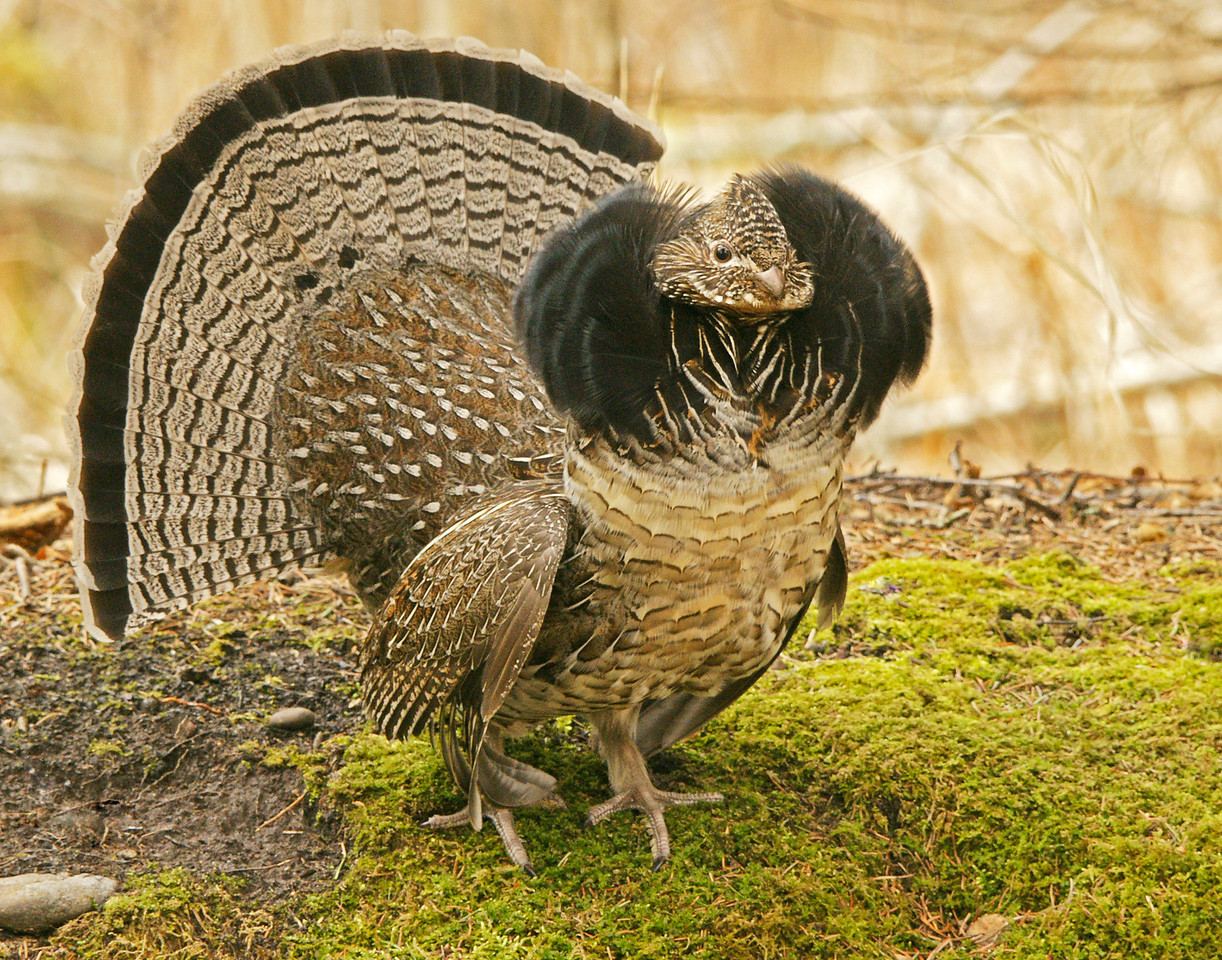After living in Texas for 9 years, my mother decided it was time to return home– her home that is. In 2013, my family moved across the country to Pennsylvania. The change was drastic. I left my school and friends only to arrive in a humid and mosquito-infested environment.
Suburbs were replaced with farmlands, and “y’all” was replaced “yinz.” To make matters worse, the WIFI signal at my new house sucked. I was surrounded by cows, cows, and more cows. The smell of manure infiltrated my precious nose. The summer was terrible, yet nothing could prepare me for my first PA winter.
I am not acclimated to the cold Pennsylvanian climate. I hate snow, ice, and any temperature below freezing. During my first winter experience, I remember wondering who could stand such harsh conditions. After some extensive research, I discovered that a small bird is tougher than me.

Image by the National Audubon Society
The Ruffed Grouse was named the state bird of Pennsylvania in 1931. It was a fitting pick, as this bird is one of few who can survive through the freezing Pennsylvanian winters. The Ruffed Grouse has to have a habitat where snow is constantly on the ground during the winter season. Surprisingly, severe weather helps the bird thrive. They dig through the snow to find buried flowers and catkins of trees. During the summer months, the species acts like any other, feeding on insects and fruits. These birds are tough. They survive through freezing winter AND have great hair while doing it.

Image by Animal Spot
Get this: the Ruffed Grouse basically has a mohawk. While being very hard to detect, each bird has a mohawk type crest on their heads. Rarely, the feathers may stick up on these crests, creating a ‘mohawk-like’ effect. Scientific evidence points out that this quality makes the birds look super chill– just kidding!
The mohawk and ability to survive harsh weather make this species pretty cool. However, nothing compares to this:
Ruffed Grouse can survive the West Nile virus.
The West Nile virus is a mosquito-borne illness that could cause inflammation of the spinal cord or brain in humans. This disease originated in Africa, Asia, Europe, and the Middle East. In 1999, the first known case of West Nile was reported in the United States and has since spread throughout the mainland. Recently, 29% of Ruffed Grouse in Wisconsin have tested positive for the West Nile virus. A study has found that many of the birds can survive the illness. By the time hunting season rolls around in the fall, few are still sick. Have no fear, the West Nile virus can not be spread to humans through contact with birds. So, you can still pet and make friends with the Ruffed Grouse. The bird is even edible. As a gentle reminder, you will hurt the bird’s feelings if you eat it.
The Ruffed Grouse are fighters. They can survive deadly conditions, beat infectious diseases, and rock great hair cuts. We should all inspire to be like them. Next time you see the Pennsylvania state bird, treat it with respect. They could probably kick your behind in a fight.